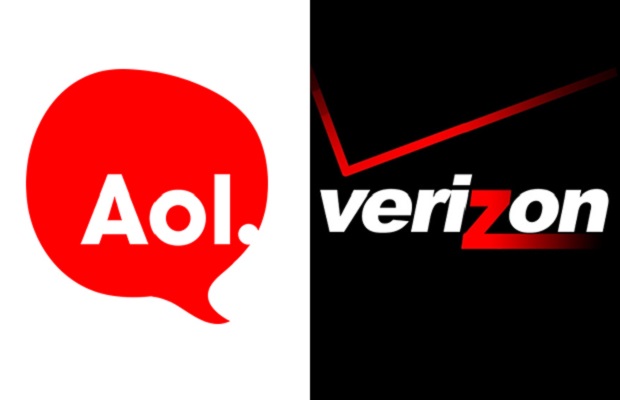In one of the biggest tech deals in 2015 so far, Verizon has bought AOL for $4.4bn (£2.8bn), marking the US telecoms giant’s entry into the competitive online video market.
The deal also includes websites such as the Huffington Post, Techcrunch, Engadget, Makers and AOL.com.
The acquisition will give Verizon access to AOL’s automated advertising platforms, as well as its video content.
The brands would remain separate under the deal, which is due to complete later this summer, with AOL’s chairman and chief executive Tim Armstrong remaining in charge.
Verizon Communications said it was to pay $50 per AOL share – a 15% premium to AOL’s closing price on Monday.
New York-based AOL, which launched its first online service 30 years ago, is the largest wireless carrier in the US, as well as an Internet and TV provider.
Verizon’s chairman and chief executive, Lowell McAdam, said: “Verizon’s vision is to provide customers with a premium digital experience based on a global multi-screen network platform.”
It had said last month it was preparing to launch a video service targeting mobile devices and it was establishing partners to deliver that content.
Verizon may be best-known in the UK for its past link to Vodafone, which announced in 2013 that it was selling its 45% stake in their joint venture, Verizon Wireless, for £84bn.
AOL had a 0.74% share of the $145bn digital advertising market worldwide in 2014, according to eMarketer.
By comparison, market leader Google had 31.4% market share last year, followed by Facebook with 7.9%.
Verizon said the deal would give impetus to its 4G wireless video and internet video ambitions, and also feed into its plans for capitalising on the so-called “internet of things”.
AOL chief executive Tim Armstrong will continue to lead the firm if the deal goes through – the transaction is subject to regulatory approval.
“We are excited to work with the team at Verizon to create the next generation of media through mobile and video,” Armstrong said.
